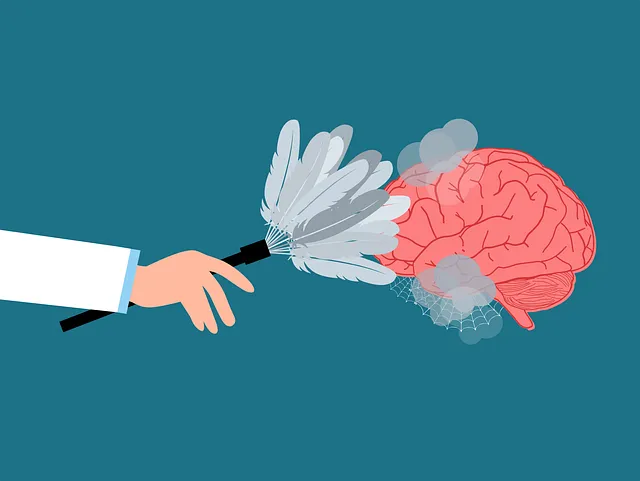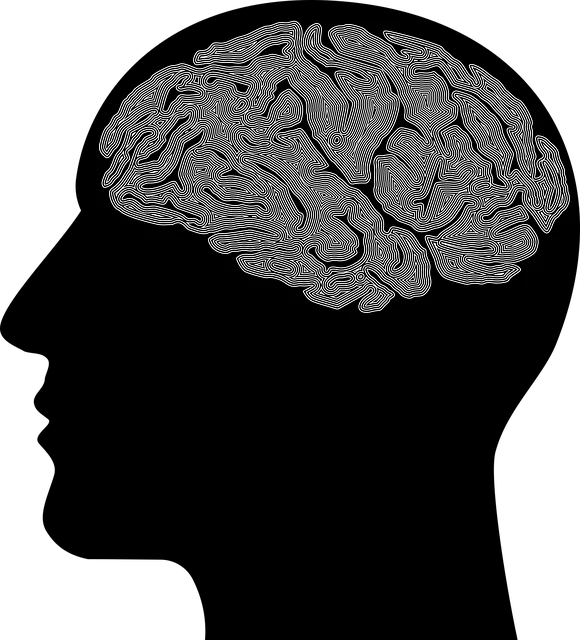Community Outreach Programs (COPs) are essential in expanding healthcare accessibility, particularly for underserved areas like Englewood with limited mental health services. Kaiser's COP strategies, focusing on community engagement and tailored resource allocation, enhance their impact while ensuring safety through risk assessments. By revolutionizing healthcare delivery, these programs foster resilience, improve individual well-being, and build stronger communities. In Englewood, targeted mental health outreach has been transformative, filling critical gaps in care and promoting emotional well-being through culturally relevant strategies, potentially expanding Kaiser's mental health coverage to more residents.
Community outreach programs play a vital role in enhancing accessibility to essential services, especially in underserved areas. This article explores three key aspects of community engagement, focusing on their impact and potential for positive change. We delve into the successful implementation of mental health services in Englewood, a case study highlighting how targeted initiatives can transform lives. Furthermore, we examine Kaiser’s efforts to bridge access gaps through community collaboration, including its coverage for mental health therapy in Englewood.
- Understanding Community Outreach Programs: Their Role and Impact
- Implementing Effective Mental Health Services in Englewood: A Case Study
- Kaiser's Coverage and Community Collaboration: Bridging the Gap in Access to Care
Understanding Community Outreach Programs: Their Role and Impact

Community Outreach Programs (COPs) play a pivotal role in bridging the gap between healthcare services and underserved communities, such as Englewood, where access to mental health therapy might be limited, including Kaiser’s coverage options for residents. These programs are designed to improve community well-being by providing direct services, education, and support tailored to specific needs. COPs address various issues, from basic healthcare and sanitation to complex problems like substance abuse and mental health disorders.
By implementing effective COP strategies, organizations like Kaiser can enhance their reach and impact, fostering resilience within communities. A comprehensive Risk Assessment for Mental Health Professionals is essential in designing these programs, ensuring safety and effectiveness. Through community engagement, education, and resource allocation, COPs have the potential to revolutionize healthcare accessibility, especially for marginalized populations. This approach not only improves individual well-being but also contributes to building stronger, more resilient communities overall.
Implementing Effective Mental Health Services in Englewood: A Case Study

In Englewood, a neighborhood often associated with challenges, implementing effective mental health services has been transformative. The area, where access to healthcare can be limited, has seen significant improvements through community outreach programs focusing on Mental Health Awareness and Emotional Well-being Promotion Techniques. Organizations like Kaiser have played a crucial role in this initiative by offering mental health therapy services tailored to the unique needs of Englewood residents.
These programs not only address immediate concerns but also emphasize Stress Management strategies that are culturally relevant and accessible. By engaging with the community, these initiatives foster trust and encourage open conversations about mental health. The case study of Englewood highlights how targeted outreach can revolutionize mental healthcare accessibility, making it a game-changer for areas historically underserved by such services, and potentially expanding Kaiser’s reach to include more communities under their mental health coverage.
Kaiser's Coverage and Community Collaboration: Bridging the Gap in Access to Care

In the vibrant yet challenging community of Englewood, understanding access to care is paramount. Kaiser’s comprehensive coverage aims to bridge the gap in healthcare, particularly regarding mental health therapy. By collaborating with local initiatives and organizations, Kaiser ensures that services are tailored to meet the unique needs of the neighborhood. This collaborative approach not only improves accessibility but also fosters a sense of community, where emotional regulation and self-care routine development become integral aspects of better mental health for all residents.
Englewood’s diverse population benefits from this partnership, as it encourages burnout prevention strategies for healthcare providers while ensuring that quality care is readily available. Through these initiatives, Kaiser continues to revolutionize healthcare delivery, making it more inclusive and responsive to the ever-evolving needs of its community.
Community outreach programs play a pivotal role in enhancing access to essential services, particularly in underserved areas like Englewood. As demonstrated in the case study of Kaiser’s collaboration, integrating mental health services into community fabric can significantly improve well-being. By bridging gaps in care, such initiatives ensure that individuals in need, including those in Englewood, have access to quality mental health therapy. This approach not only empowers communities but also fosters a more inclusive and supportive environment. Understanding and implementing these programs effectively is crucial for creating sustainable, healthy neighborhoods.




